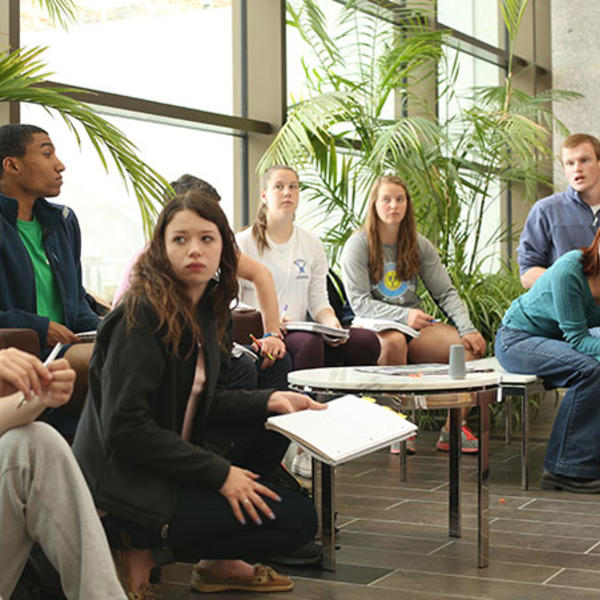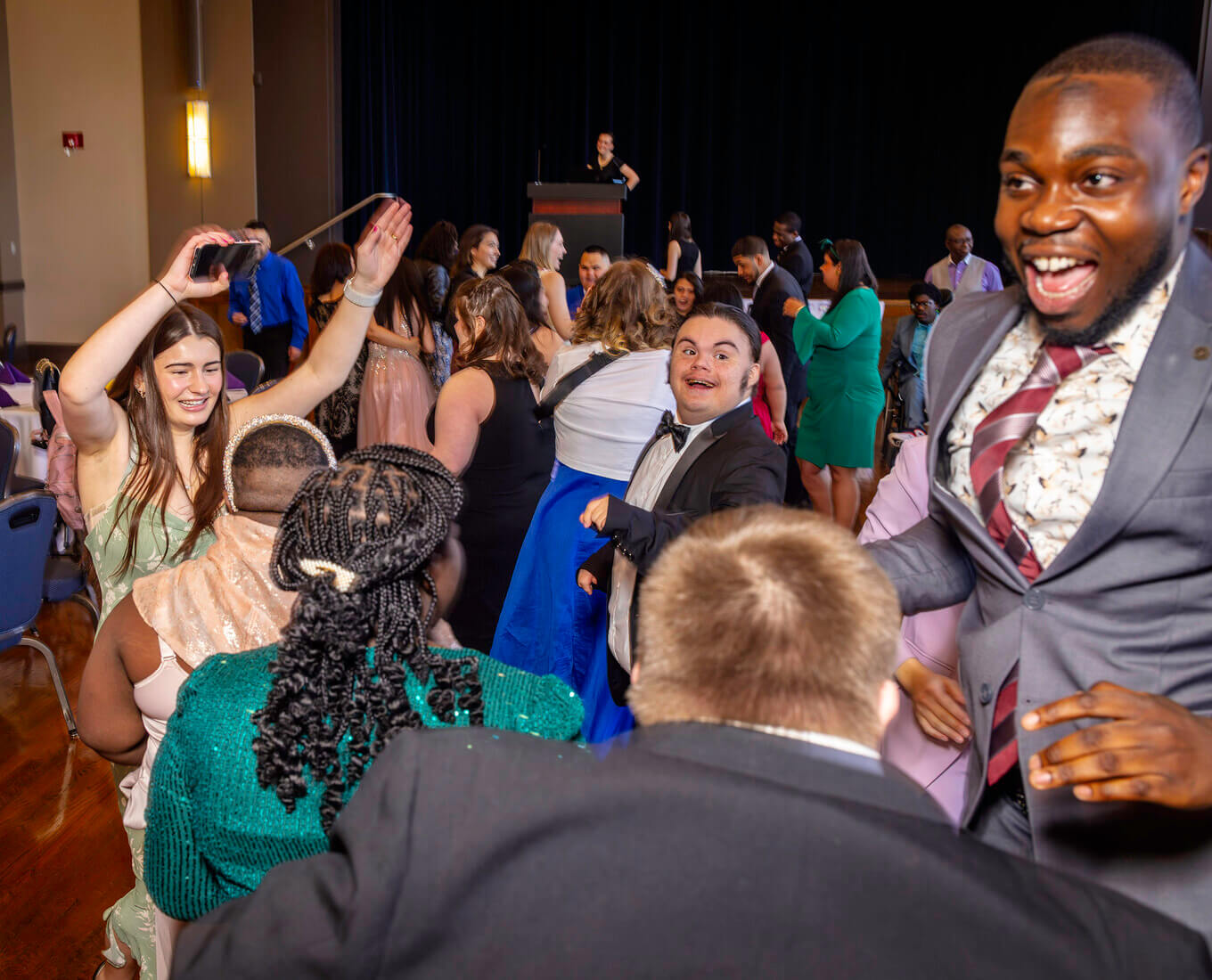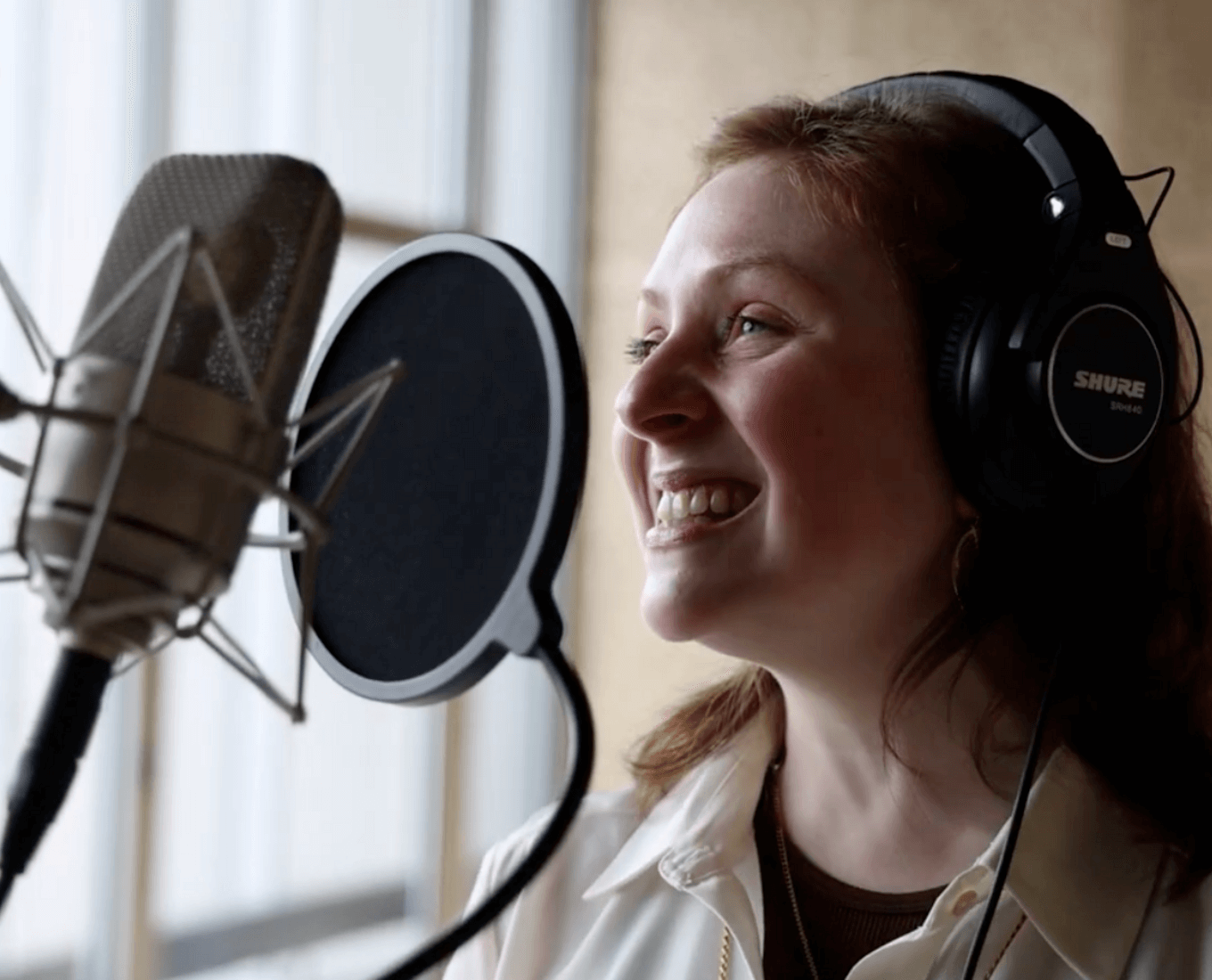As more and more people are diagnosed with COVID-19, researchers worldwide are racing to find ways to stop the virus from spreading and to cure it. One effort includes collecting blood plasma from people who have recovered from the disease in hopes it could be used to save the lives of others infected. How does this work?
In an article for The Conversation, Ann Sheehy, virologist and professor of biology at College of the Holy, explains the science behind "convalescent plasma therapy" and how this technique that dates back to the 1800s could potentially be a key to fighting COVID-19.
According to Sheehy, whose research focuses on the cellular immune response to retroviruses, isolating enough antibodies to be effective is a "laborious" process, but 21st-century advances in molecular medicine are allowing for a much faster scale-up of the therapy.
"The immune systems of COVID-19 survivors figured out how to combat and defeat the invading SARS-CoV-2 virus," said Sheehy. "As the U.S. enters the exponential phase of COVID-19’s spread, this treatment cannot come soon enough."
To read the full article, go to TheConversation.com.
For assistance scheduling an interview with Professor Ann Sheehy or for additional information on our faculty experts, please contact Nicoleta Jordan at njordan@holycross.edu.
Can Blood From COVID-19 Survivors Treat the Ill? Holy Cross Biology Professor Explains

The Conversation
Read Time
1 Minute


